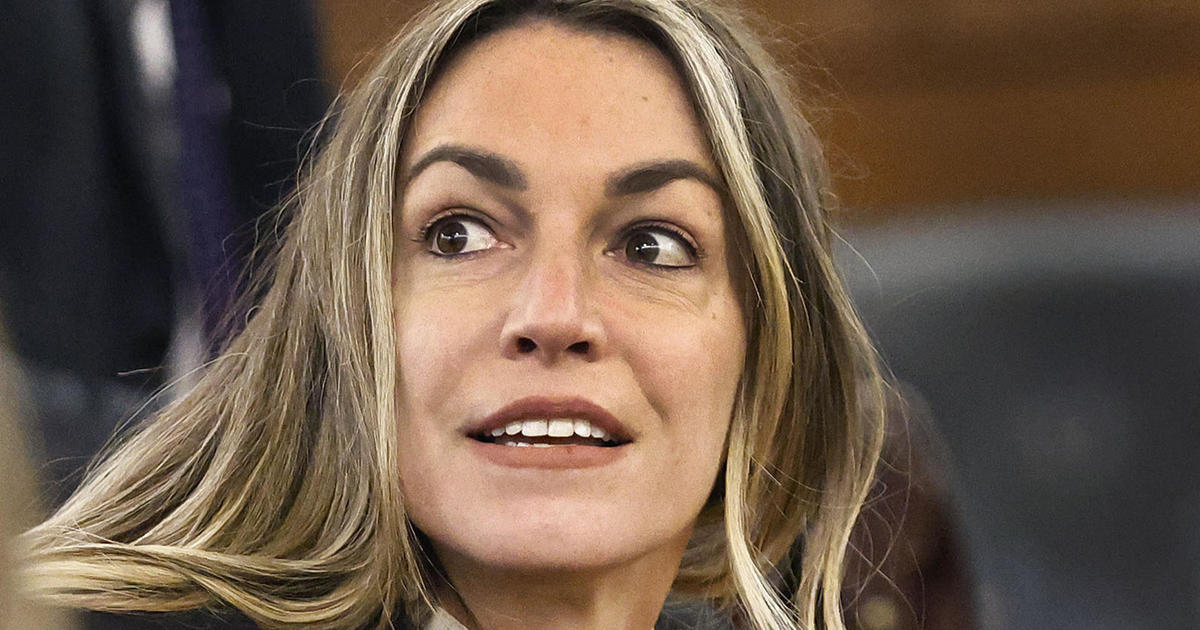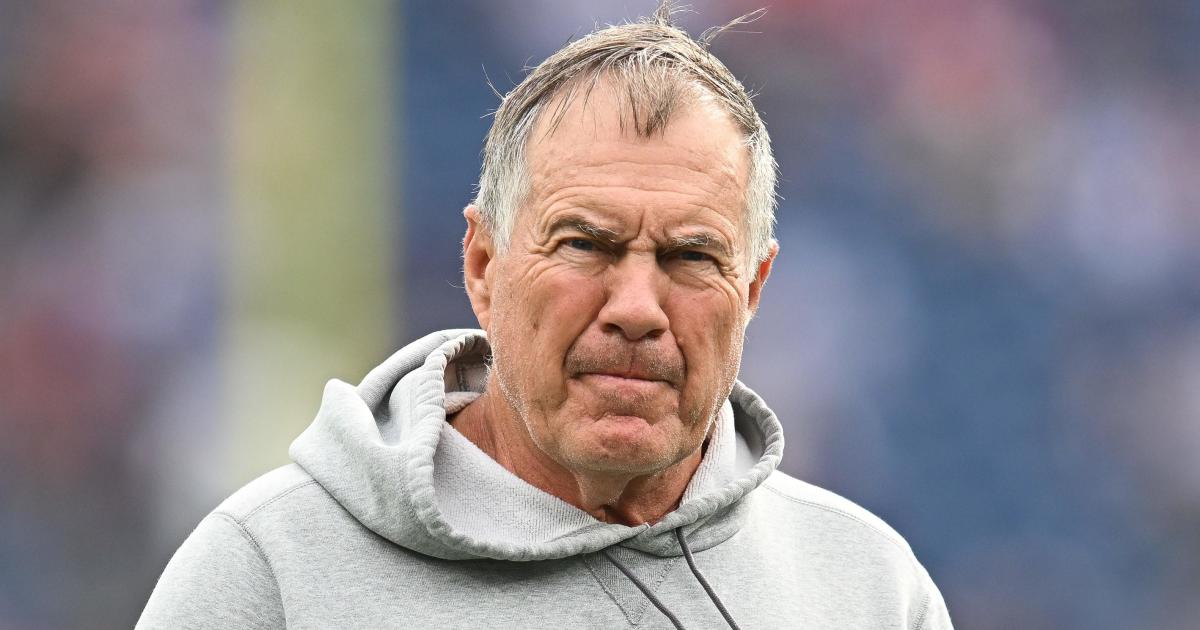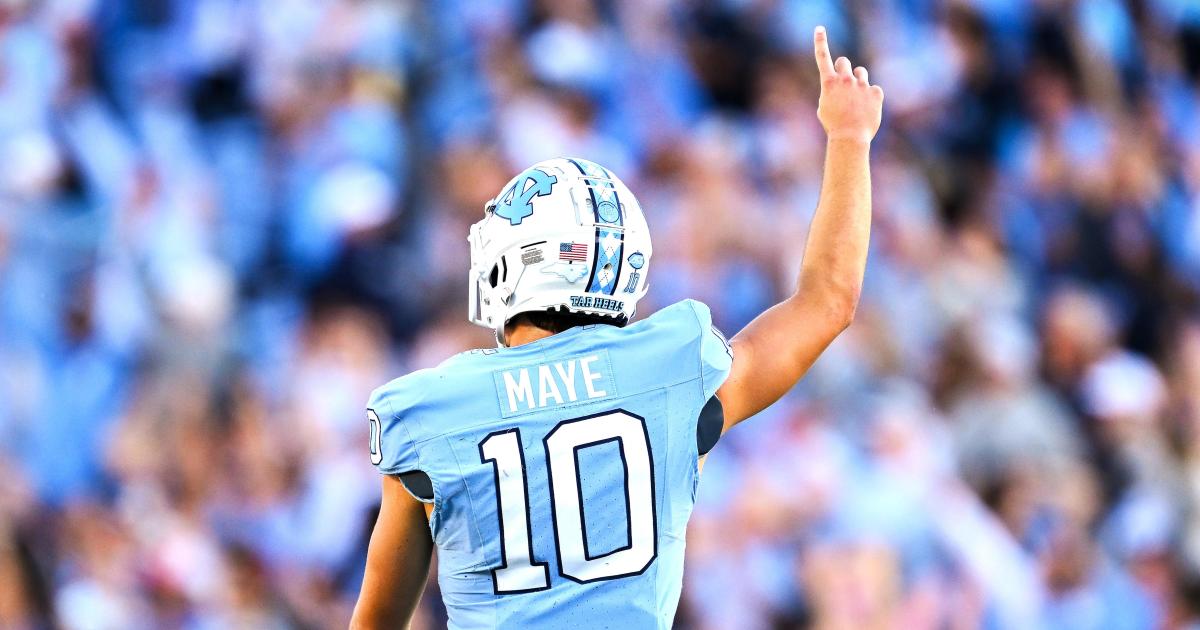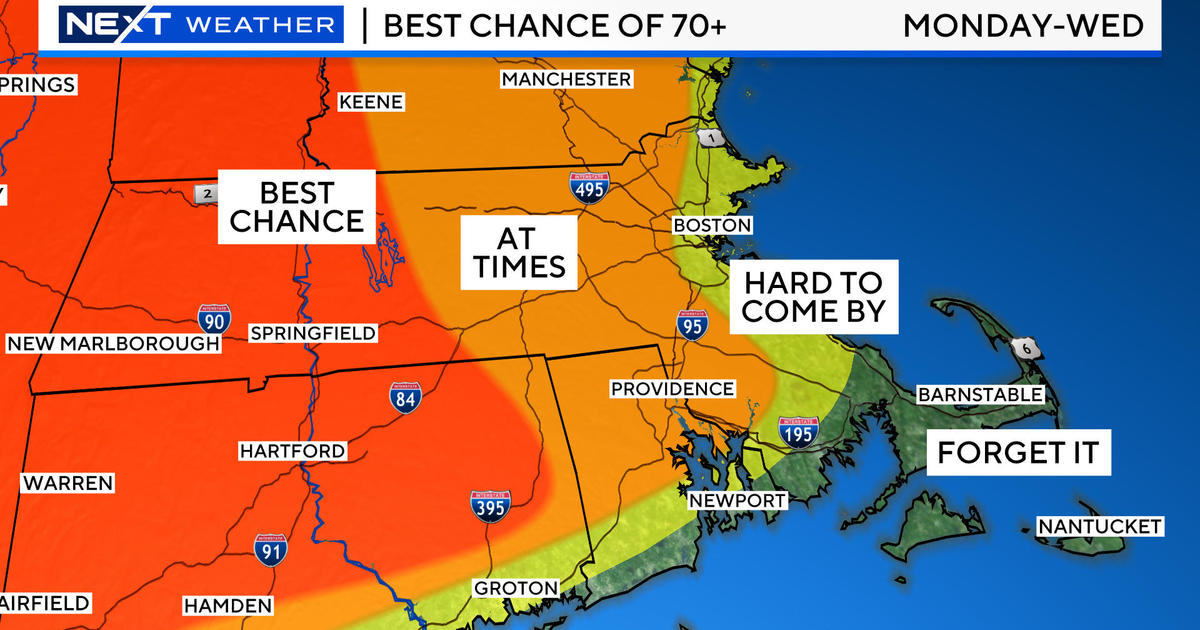The Toll Of Concussions In Youth Sports
BOSTON (CBS) - The collisions in a contact sport can be brutal. In football, the head is sometimes used as a weapon – a battering ram. The cost can be tremendous, no matter what the age of the player.
Former Patriots linebacker Ted Johnson retired because of the toll concussions took on his health. He had only a handful of officially reported concussions during his NFL career. The real number, he thinks, was closer to one hundred.
"I retired the first day of training camp in 2005 because I knew my head was killing me," Johnson testified before the U.S. Congress.
Podcast
Listen to Jim Smith's report
After battling years of depression, Johnson now works to spread the message of concussion prevention.
SUICIDE RISK
It's not just the pros. University of Pennsylvania football player Owen Thomas hung himself last spring at the age of 21. He never had a diagnosed concussion, but analysis of his brain showed he suffered from CTE, a type of brain damage caused by repetitive head trauma.
"Suicide is one part of this disease," said Dr. Robert Stern, co-director of the Center for the Study of Traumatic Encepalopathy at Boston University's School of Medicine. "There are 2 NFL players that died of suicide and others with suicidal-like behaviors."
"We have to take our brains seriously," he said.
YOUTH CONCUSSION LAW
A new law in Massachusetts mandates just that. Any student athlete, who is suspected to have suffered a concussion, must get written permission from a medical professional before returning to play.
Marshfield High School football coach Lou Silva remembers the old days, when a player went right back in the game after a hard hit.
"If you were knocked out, a little smelling salt. How many fingers do I have up? And then you went again," Silva recalled, praising the new law. "It takes that decision making off of coaches; it puts it on the medical people, where it should be.
Podcast
Listen to Jim Smith's report
John Fraser, one of Silva's co-captains, said his team doesn't fool around when it comes to head injuries.
"We definitely want to take a lot of precautions when dealing with something like that, because it can have lasting impacts on the rest of your life."
THE YOUNGEST PLAYERS
Even really young players can suffer concussions. In Foxboro, the midget football program just spent $25,000 on new helmets.
"Last year we had four to six kids that had some serious concussions," said board member Doug Suess.
Bottom line, in the words of Boston University researcher Dr Robert Cantu, "any young athlete, or any athlete period, that has symptoms of a brain injury cannot practice, cannot play."
You can hear Jim Smith's series on the State of Youth Sports all week on WBZ News Radio at 12:05 and 5:05 p.m.



